This case study tells the story of a small Ugandan NGO’s experience using openly licensed government primers to support early primary literacy. Mango Tree Literacy Lab (MTLL) believes that African children have the right to read, write and engage with ideas in a language they know and understand.
Search the site
Ubongo is a non-profit social enterprise, originating from Tanzania and with staff across Africa, which produces edutainment content for kids and caregivers. Ubongo has two main cartoon shows: Ubongo Kids and Akili and Me.
Mango Tree Literacy Lab (MTLL) is a Ugandan NGO that believes that African children have the right to read, write and engage with ideas in a language they know and understand. Since 2010, Mango Tree has been supporting early primary literacy in the Lango Sub-region of northern Uganda.
Soma Book Cafe in Dar es Salaam is a readership promotion space and innovative co-creation hub for literary expression and multimedia storytelling approaches. It provides different arenas for literary expression and discourse; promotes reading for pleasure and encourages independent pursuit of knowledge.
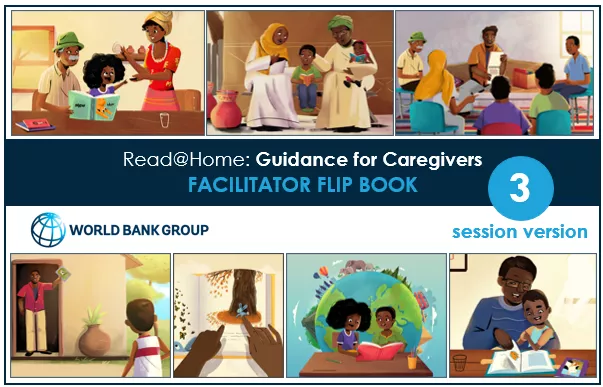

This flip book is designed to be used over three meetings with caregivers, with content divided into three sessions.
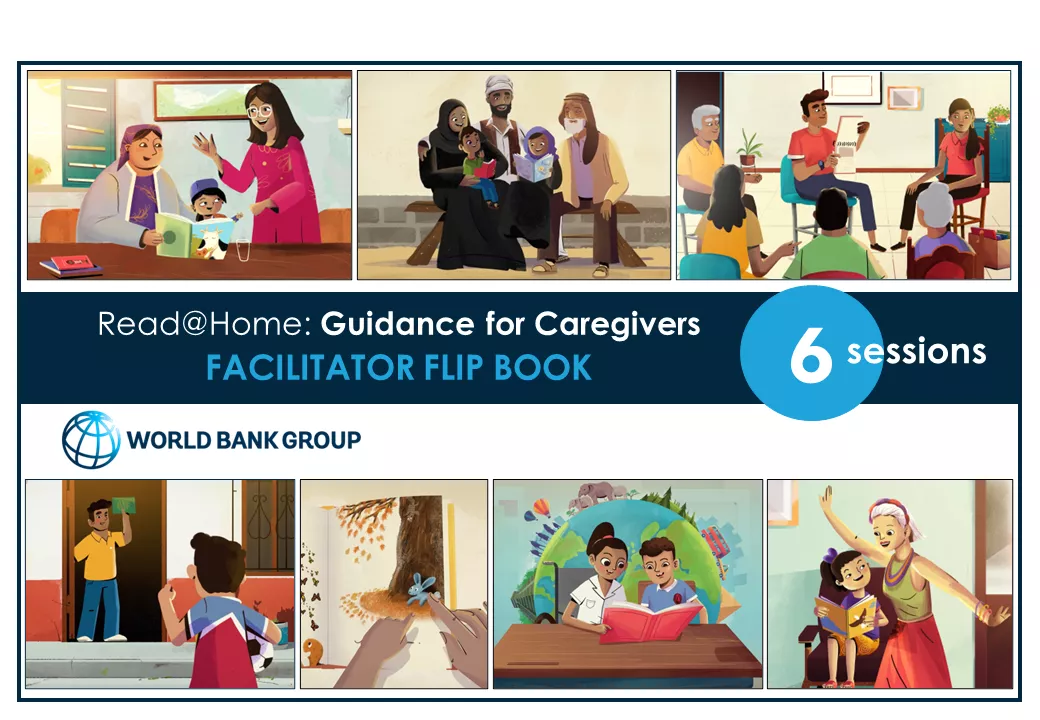

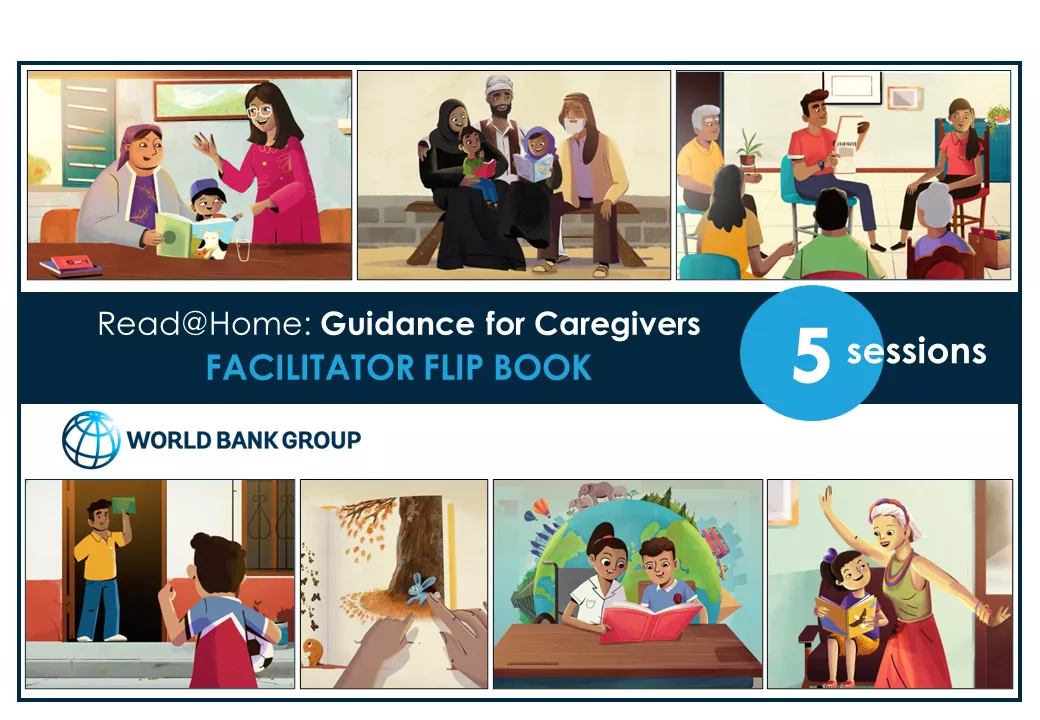

This manual aims to provide practical guidance on the identification and selection of quality children’s reading materials for home use, and the identification or design of accompanying materials for caregivers to support children’s learning. The manual is part of the Read@Home initiative, which aims to deliver reading and learning materials to hard-to-reach homes.
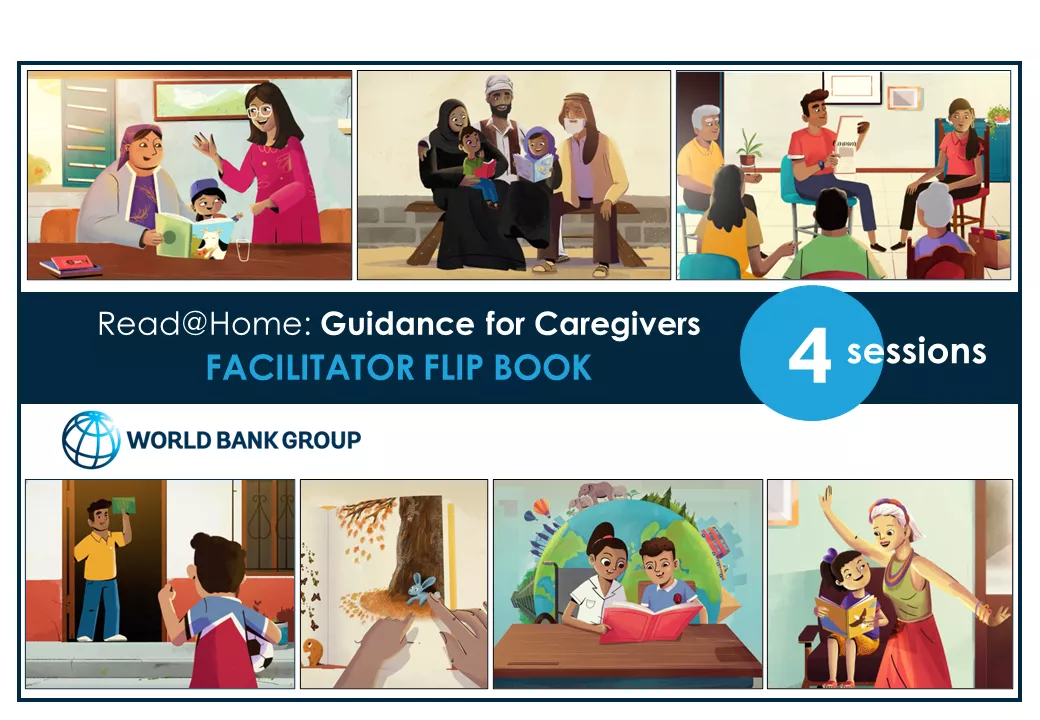

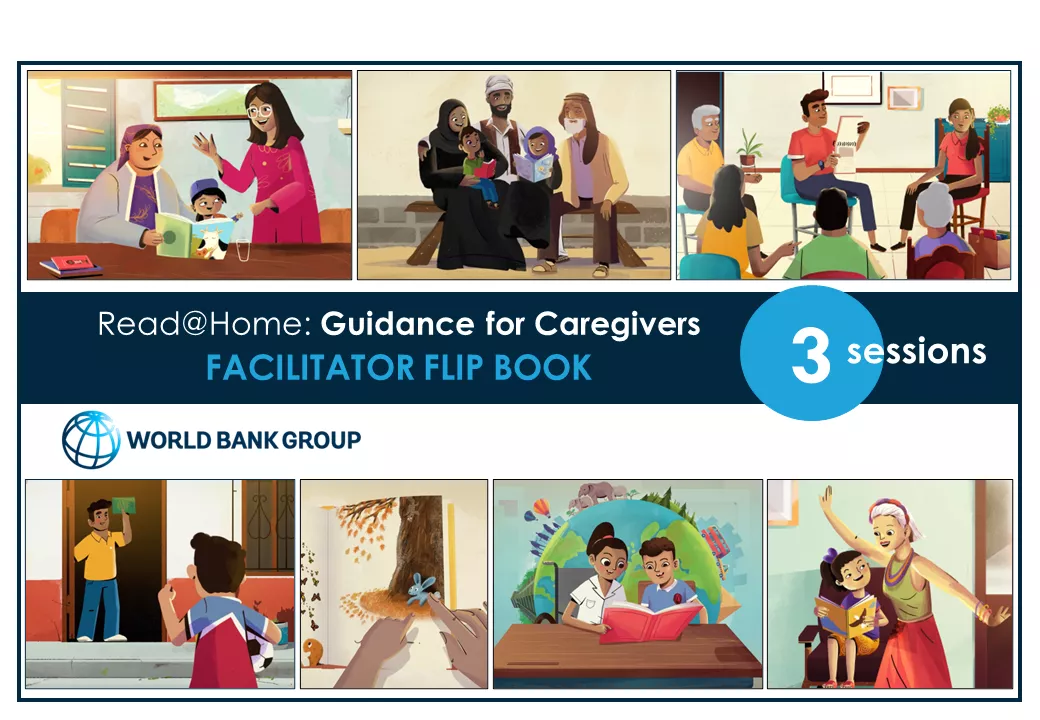

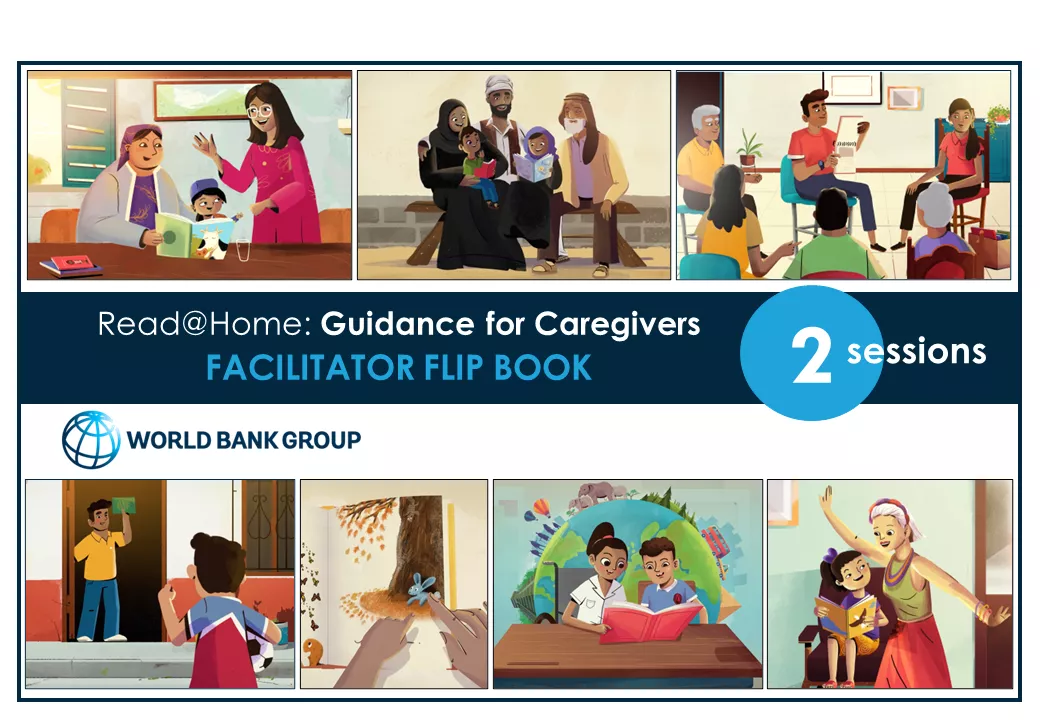

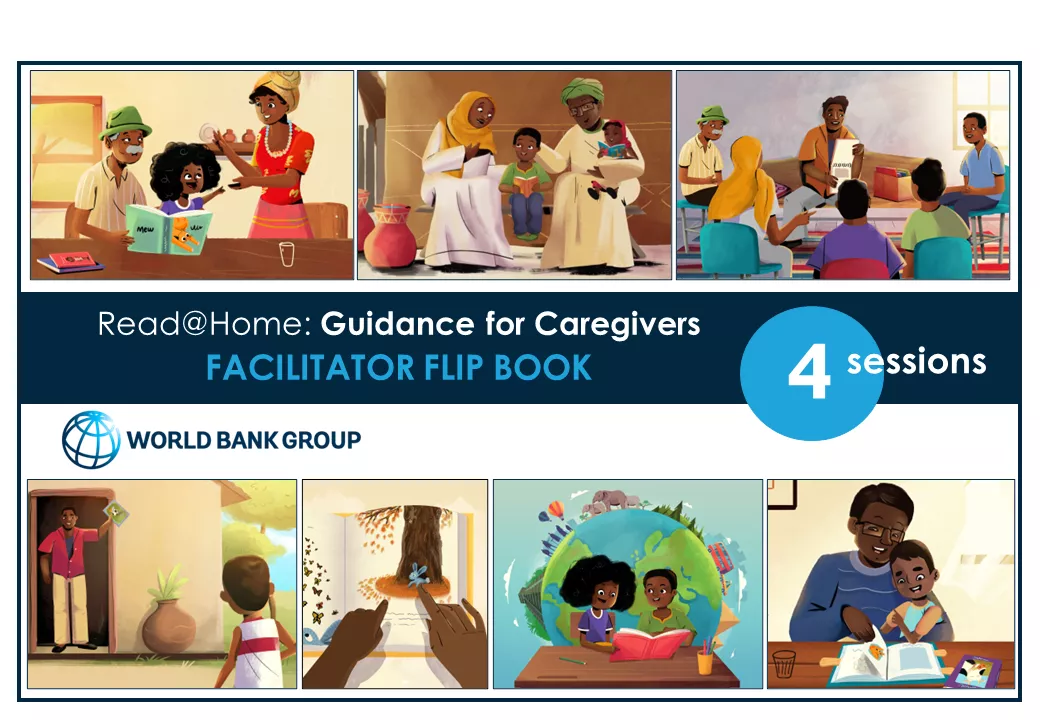

This flip book is designed to be used over three meetings with caregivers, with content divided into four sessions.
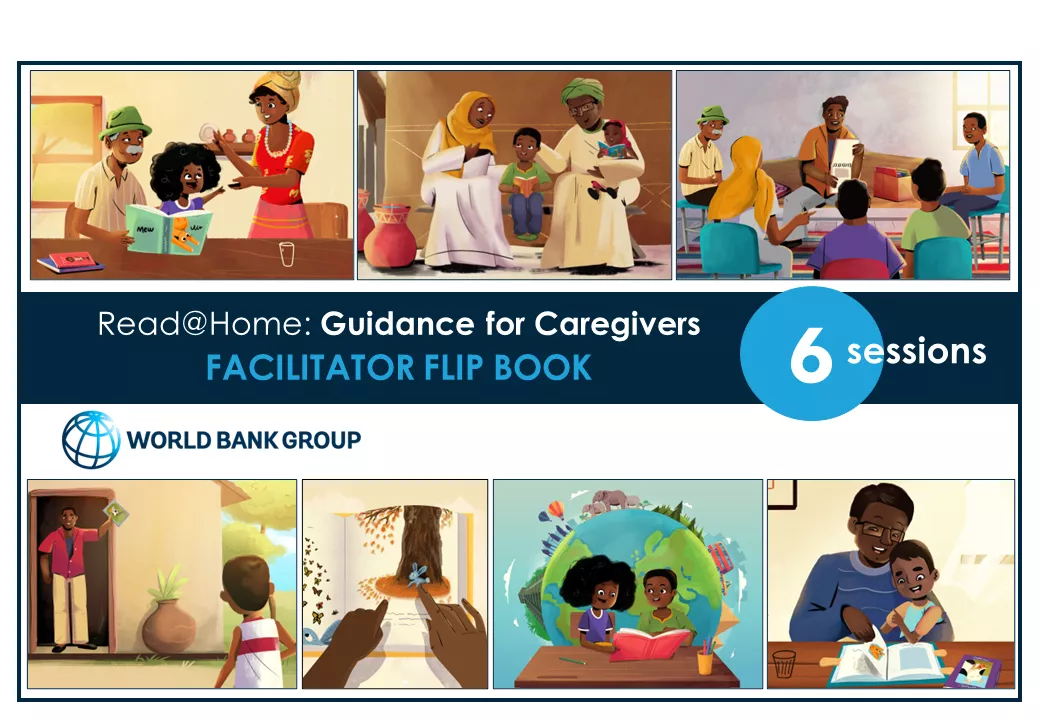

This Guide to Open Licensing in World Bank Projects provides an explanation of open licensing and how to use it in World Bank and other development projects to increase access to high-quality teaching and learning materials, including textbooks and storybooks.
The African Library and Information Associations and Institutions (AfLIA) and NBA developed a short online course for African librarians and library staff, based on the findings of a survey conducted in 2021. The main course objectives were to:




